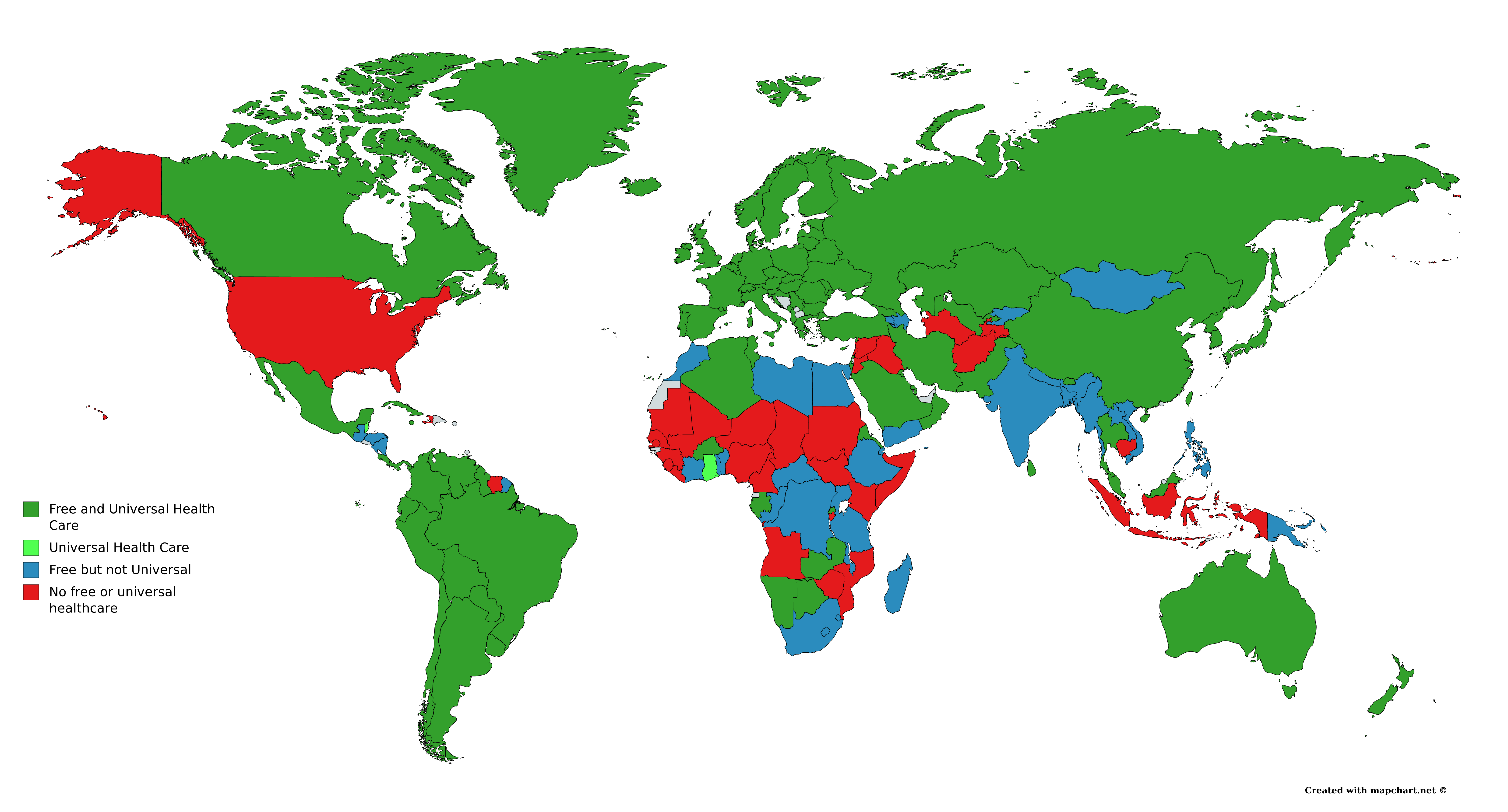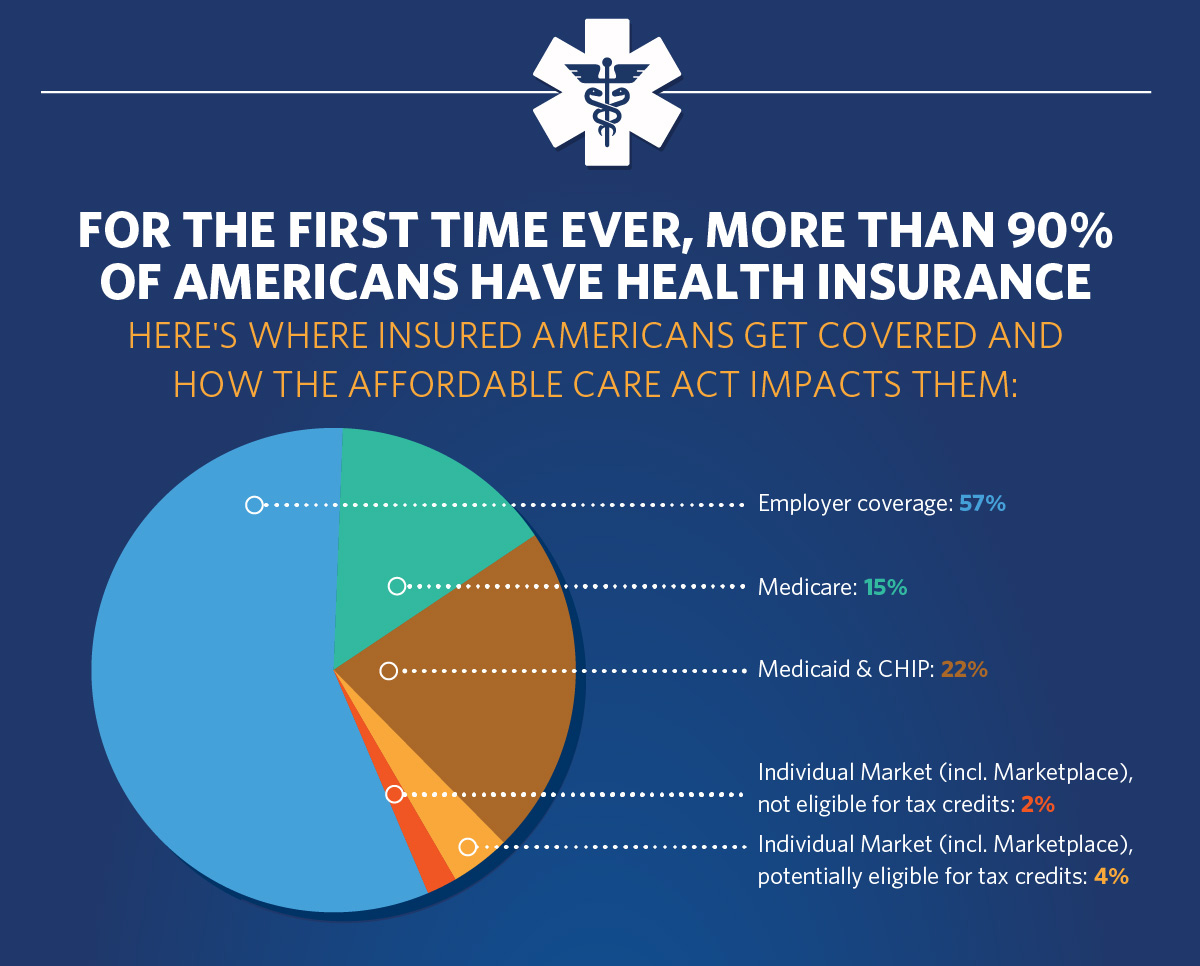- Joined
- Nov 27, 2014
- Messages
- 9,251
I’m in general agreement also. I never understood why, during the ACA debate, it was never a front and center point that people would be freed from their employer if we had something other than employer paid/sponsored health insurance. So many people I know stay in their jobs because of health insurance. Imagine the energy that could be released if people were freed up to work where and for who they wanted if we had a system that supported that.


